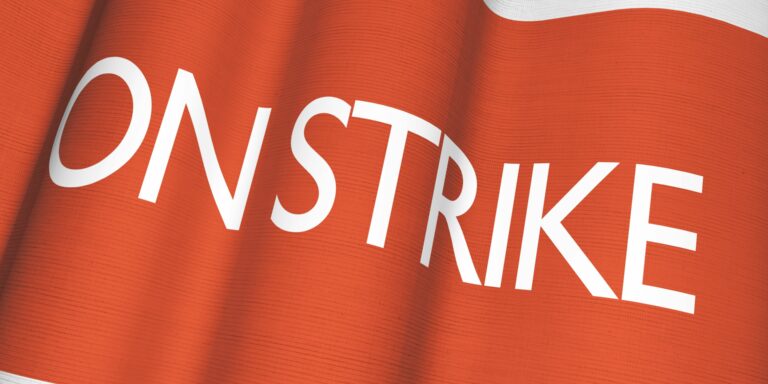5 Tips for Importing Goods to the U.S. for Beginners
Are you a beginner at Importing Goods? Check out these 5 tips below:
1. Research the laws, trade barriers, and tariffs
Basically, you want to make sure what you’re doing is legal before you try to import goods into the US and, potentially, run into trouble. The US might be known as a trade-friendly nation, but it still has strict laws and procedures that you must follow.
It’s up to you to become familiar with the legislation relevant to your business and products, including relevant trade barriers and tariffs. Trade barriers can include things like licenses and quotas for specific products to protect local companies and economies. Tariffs are a tax on exported or imported products, designed to safeguard the domestic industry.
If you want extra guidance with this – because it can be tricky! – you can contact the Office of International Trade. It sounds big and scary, but it’s set up to help small businesses compete in the global marketplace. If you’re wanting to import food or agricultural products, you’ll want to check with the Food and Safety Inspection Service, too.
2. Make real connections in the export country
As a small-scale importer, you’ll likely be relying somewhat on the experience of your chosen manufacturer, supplier, or distributor in the export country, usually China. It’s important to build relationships with these people to ensure that they can be trusted and are meeting the standard of service required of them. It’s a good idea to arrange an in-person meeting to make sure everything is in order. It can help to give you peace of mind and it’s also good practice to make a personal connection with your business partners.
3. Consider consulting an expert
Importing bulk goods to the US is a lot more serious than running a dropshipping business or a simple e-commerce store. You should consider hiring an expert to guide you through the process, rather than solely relying on Youtube tutorials or blog articles like this one. Navigating the laws and regulations of importing to the US can be a really challenging process. It can be a good idea to hire a Customs Broker to help make the process go as smoothly as possible. You can find US Customs Brokers here and here.
4. Get the required licenses, bonds, and permits
Depending on what you’re importing to the US, you may be required to obtain a specific license or permit. You can see the list of products that require a license or permit here.
Additionally, you will have to obtain a customs bond, which can be either single-entry or continuous. If you are planning to import goods to the US regularly, then a continuous customs bond is the better option. If you’re just doing one large shipment or you’re unsure of how often you’ll be importing, you can start with a single-entry bond and see how you go.
Again, you might want to consider tip #3 above when dealing with licenses, bonds, and permits for importing to the US. The paperwork can be tricky and tiresome. See an example of a customs bond form here. Expert help might be beneficial for the first time around.
5. Educate yourself
Running a business – especially one that involves importing goods to the US – requires ongoing education and training. You can learn by doing, but if you want to avoid beginner mistakes you can take short online courses or read widely to ensure you have a good understanding of how to import goods to the US. This resource on the US Customs and Border Protection website is a good place to start.
You can read the original posting here ➡️
Importing Goods and Wholesale Products into the United States By Bill Widmer / SaleHoo








